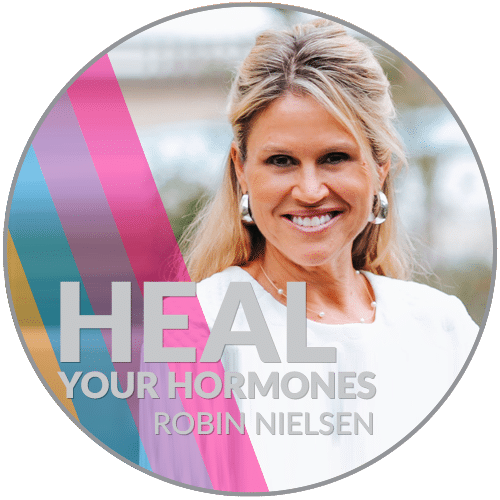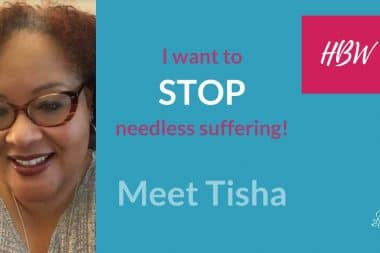Commonly, Polycystic Ovarian Syndrome, or PCOS, is viewed as a reproductive condition in adult women. This general idea of the condition is one that is supported by the fact that infertility in adult women is one of the most common and noticeable symptoms that the Syndrome produces. Because it affects between five and ten percent of females, similar statistics for teens and adolescents are often overlooked. Surprisingly to some, it has become a growing issue that teenagers of today’s generation face at an increasingly alarming rate. Some research suggests that of the roughly 11.2 percent of women that have the condition (an estimate based upon the fact that many cases go undiagnosed); many of these are cases of teenage girls.
PCOS (Polycystic Ovarian Disorder) is one of the most common hormonal disorders that women face. Today, many teenagers that have been diagnosed with the condition experience the majority of the symptoms that adult women with the same condition report, including irregular periods, heavier than normal bleeding during menstruation, ovarian cysts, excessive facial or body hair, male pattern baldness, skin disorders (including blemishes that are often overlooked in teenage girls), depression, anxiety, fatigue, sleep apnea, and thyroid disorders.
Researchers around the world have accepted that insulin resistance is a root cause for some cases of PCOS (Polycystic Ovarian Syndrome), but the resistance of the body to insulin can be difficult to pinpoint in adolescents. Even with the right tests, it can go undetected in younger girls. For this reason, the focus has shifted when diagnosing adolescents with PCOS (Polycystic Ovarian Syndrome) and healthcare professionals are looking closer at the symptoms that are reported and the family history to determine whether or not PCOS (Polycystic Ovarian Syndrome) is present.
If the condition is overlooked, many complications can develop thanks to the variety of symptoms that it causes. From an increased risk of coronary heart disease and Diabetes to depression and anxiety, growing girls can be faced with a diverse list of physical and mental symptoms that can make being a teenager even harder than it already is. However, if detected, insulin resistance and PCOS (Polycystic Ovarian Syndrome) can often be reversed, allowing adolescent girls the ability to grow up without battling the many health issues this condition can cause.
Through a multi-dimensional approach, researchers have devised a method of treatment that combines the use of nutraceuticals, nutrition, exercise, and support to combat the effects of PCOS (Polycystic Ovarian Syndrome). Nutraceuticals are targeted combinations of vitamins and minerals, and they can provide the boost of nutrition that the body needs to regulate itself. Nutrition is critical if insulin resistance is at the core of the issue, and steering clear from specific foods can allow girls to avoid having an excess amount of glucose in their system (when insulin resistance occurs, glucose is not properly broken down). Additionally, a regular exercise routine will help strengthen the cardiovascular system of the body and improve overall health. The support of other women that have gone through the same experience is crucial, as it allows girls the chance to talk to others that truly understand what they are feeling. Though it requires a comprehensive lifestyle change, this method of treatment has been found successful in many girls and women.
To learn more about the subject of adolescents and Polycystic Ovarian Syndrome (PCOS), visit us on the web at pcos.com.
For more information on taking control of polycystic ovarian syndrome, go to pcos.com. You can also learn more about the natural supplements I took to reverse my PCOS symptoms at PCOS 5-Element System.
Insulite Health, a Boulder, Colorado USA based company, is committed to reversing Insulin Resistance – a potentially dangerous imbalance of blood glucose and insulin. Scientific research has revealed that this disorder can be a primary cause of many devastating health symptoms. Insulin Resistance can also underlie the increased risk factors for PCOS (Polycystic Ovarian Syndrome) – a major source of serious diseases as well as cause of excess weight gain, obesity and heartbreaking female infertility.
©Insulite Health, Inc., pcos.com empowers women with PCOS to transform their lives through a process of healing with their PCOS 5-Element System — the worlds only complete solution for helping women heal from the symptoms of PCOS and hormone imbalance.
Still wondering if the symptoms you are suffering with could be PCOS? Click the link below to take the PCOS Test and get your PCOS score!
Take The PCOS Quiz HERE!
Next Steps
Becoming victorious over the symptoms of Polycystic Ovary Syndrome is not an easy task, but you can overcome your symptoms to live the life you deserve.
It takes strength, courage, and perseverance. It can be challenging and that’s why Insulite Health created the PCOS 5-Element System. It’s a step-by-step process that will help you balance your hormones and reverse PCOS symptoms using our proprietary 5% Solution.
So take the next steps now! Use the links below to learn how to make the changes that will transform your health and your life forever.
- Read more about PCOS
- Take the PCOS Test and assess your risk!
- Learn more about the Insulite 5-Element PCOS Solution
About Insulite Health PCOS.com
Insulite Health, is committed to helping women reverse their symptoms of hormone imbalance. Scientific research has revealed that this imbalance can be a primary cause of many devastating health symptoms. Hormone Imbalance can also underlie the increased risk factors for PCOS (Polycystic Ovarian Syndrome) – a major source of serious diseases as well as cause of excess weight gain, adult acne, unwanted facial hair, depression, anxiety, and heartbreaking female infertility.
©Insulite Health, Inc., pcos.com empowers women with PCOS to transform their lives through a process of healing with the 5-Element PCOS System — the world’s only complete solution for helping women heal from the symptoms of PCOS and hormone imbalance.










Reply